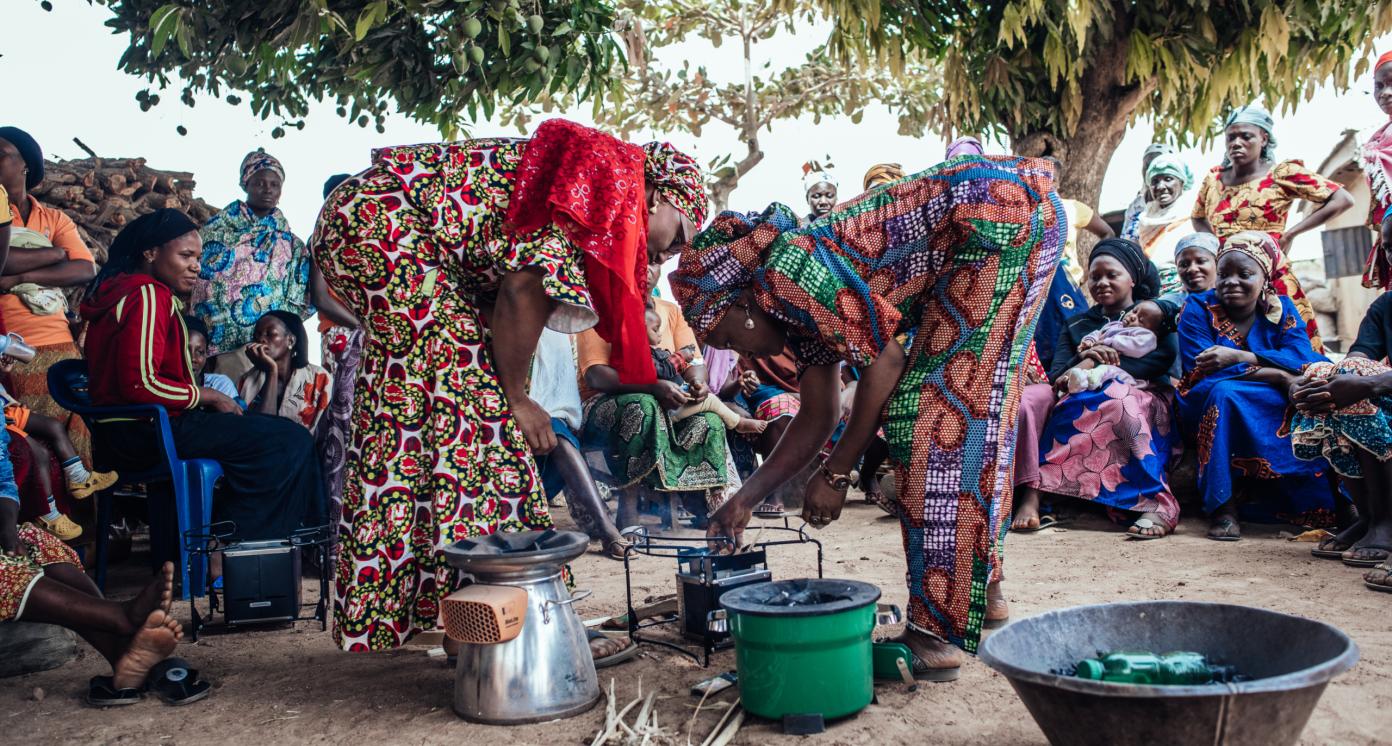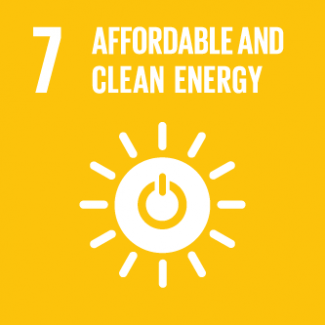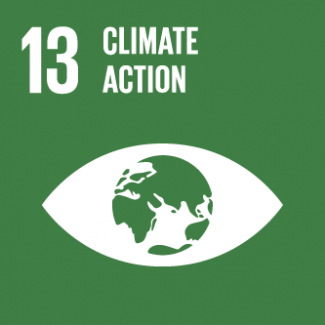85 million Nigerians, 43 % of the population, have no access to grid electricit. According to the same source, the electricity access rate in rural areas is at 26.4%, compared to 83.9 in urban area. Consequently, significant post-harvest loss is due to interruption of power supply, escalating conditions of hunger and resulting in expensive input such as fertilizer, irrigation facilities and human labor, being wasted. During post-harvest operations, there may be losses in terms of food quantity as well as quality. Over 70% of people in Northern Nigeria still do not have access to electricity and the benefit accruable to agriculture by renewable energy is still not fully explored.
Based in Kaduna State, SOSAI Renewable Energies was founded in 2010 and deploys efficient, reliable and affordable renewable energy solutions that provide energy to homes, businesses and farmers in underserved communities in Northern Nigeria. The company brings renewable energy technologies to rural users, improving access to clean, affordable energy and providing clean water and better health outcomes.
SOSAI offers a range of affordable, high-quality products to bridge the energy gap in Northern Nigeria: Solar Home Systems (SHS) to power appliances such as a television, four points of light and a fan that can also power other home appliances; community-based mini-grids that are also tied to productive use equipments that enhance agriculture, helping communities expand economic activities and income; improved cooking stoves; and productive-use community products, such as solar dryers, solar kiosks and solar irrigation system.
To date, SOSAI Renewable Energies deployed technologies that yield: cumulative 120,000 tonnes of CO2 avoided per annum; income for over 350 women; reduced household income expenditure by 40% on energy prior to using their technology; reached over 45,000 families across Nigeria; and 60% of the c-suite positions are held by women.
Over the next five years, SOSAI aims to install a minimum of 20,000 SHS in rural communities through the Women Energy Entrepreneurs programme; develop and install mini and mesh grids in 64 communities in Northern Nigeria as a result of a feasibility study supported by the U.S. Trade Development Agency (USTDA) carried out for 100 communities. In Northern Nigeria, these solutions will power over 100 rural businesses with the energy required for services such as barbing, drying, irrigation, hair dressing, milling, cold storage and mobile phone charging.
To finance its plans for growth, SOSAI is looking for $17.8 million of fresh capital as follows: 50% debt, 20% equity and 30% grants. The company is also looking for partners to create synergies around fostering their distribution capacity and enable easy entry into other markets of interest. To date, SOSAI has raised a cumulative of about $2,750,000 in grants and debt funding, infused over $500,000 of own equity into the business, started special purpose vehicles (SPV) with their long-term partners from the Netherlands, Independent Energy. The SPV is called Sienergy and is investing in seven of the 64 mini grids with two of those completed and a plan to complete another four in 2024.
SOSAI is a finalist of the EU-UNDP’s Growth Stage Impact Ventures (GSIV) in Nigeria, in the renewable energy sector. The GSIV takes the Nigeria SDG Investor Map one step further by identifying through a highly competitive process enterprises in Nigeria that have developed at-scale products and services that contribute to the SDGs while achieving commercial success and are committed to embed impact considerations into decision-making. By putting the spotlight on and supporting these ventures, UNDP aims to bring forward evidence of the existence of pipelines of investable ventures that can advance the transition to SDG-aligned investments in Nigeria and more broadly, in Africa.
Learn more and get in touch with SOSAI: www.sosairen.org


















